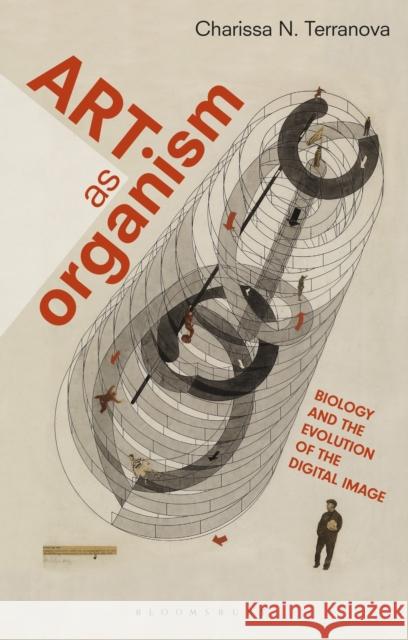Art as Organism: Biology and the Evolution of the Digital Image » książka
Art as Organism: Biology and the Evolution of the Digital Image
ISBN-13: 9781784534301 / Angielski / Twarda / 2016 / 336 str.
Art as Organism: Biology and the Evolution of the Digital Image
ISBN-13: 9781784534301 / Angielski / Twarda / 2016 / 336 str.
(netto: 638,30 VAT: 5%)
Najniższa cena z 30 dni: 644,49
ok. 30 dni roboczych.
Darmowa dostawa!
What if modernism had been characterised by evolving, interconnected and multi-sensory images--rather than by the monolithic objects often described by its artists and theorists? In this groundbreaking book, Charissa Terranova unearths a forgotten narrative of modernism, which charts the influence that biology, General Systems Theory and cybernetics had on art in the twentieth century. From kinetic and interactive art to early computer art and installations spanning an entire city, she shows that the digital image was a rich and expansive artistic medium of modernism. This book links the emergence of the digital image to the dispersion of biocentric aesthetic philosophies developed by Bauhaus pedagogue Laszlo Moholy-Nagy, from 1920s Berlin to the Massachusetts Institute of Technology in the 1970s. It uncovers seminal but overlooked references to biology, the organism, feedback loops, emotions and the Gestalt, along with an intricate genealogy of related thinkers across disciplines. Terranova interprets anew major art movements such as the Bauhaus, Op Art and Experiments in Art and Technology (E.A.T.), by referencing contemporary insights from architects, embryologists, electrical engineers and computer scientists, among others. This book reveals the complex connections between visual culture, science and technology that comprise the deep history of twentieth-century art.











